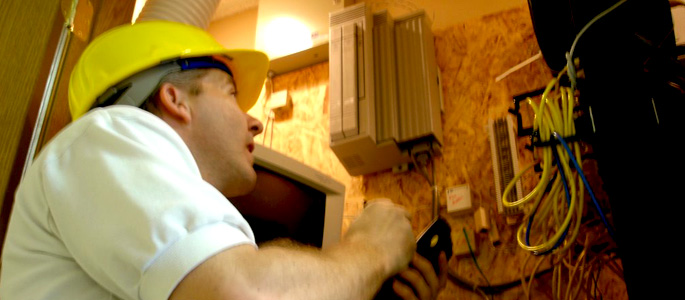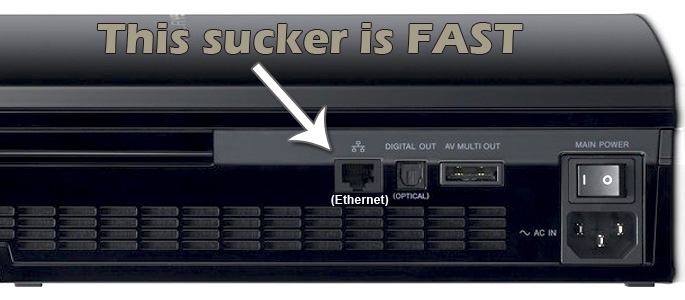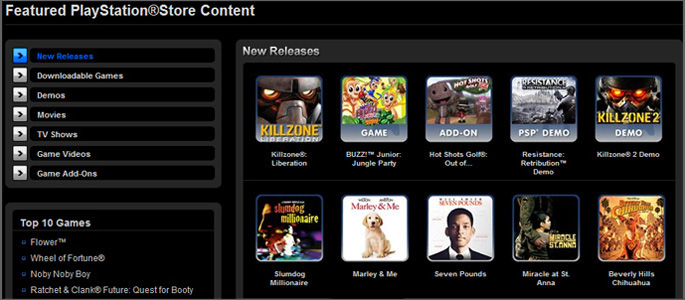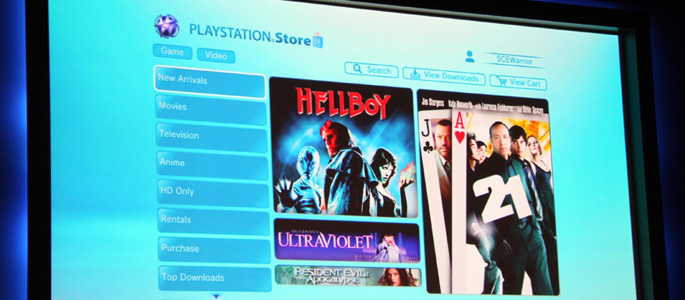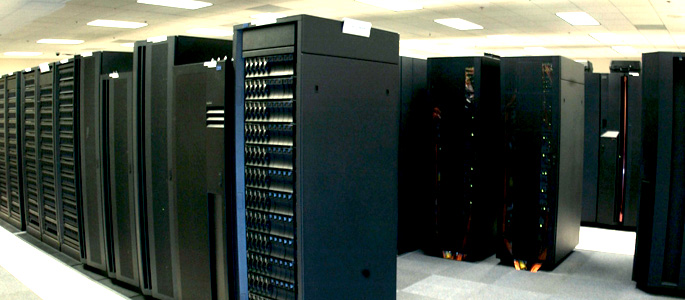For online gamers, speed is everything. The DSL and Cable connections that we once lauded just aren’t cutting it any more, especially with current-gen titles requiring such a substantial amount of bandwidth compared to the days of PS2 and Xbox. And with game demos alone requiring over a 1 GB to be transferred over the user’s internet connection, it’s easy to see why we’ve been thirsty for faster internet connections.
If you live in the U.S., Fiber Optic gets the most attention as the successor to traditional broadband services. But as an owner of Verizon FIOS and its blazing speed of 3 Mbps upload and 5 Mbps download (6x what DSL offered), I couldn’t help but notice Time Warner trying to cut into the competition a little bit. According to a mailed in solicitation, their new FIOS-like service was being offered for just $30 a month, i.e. half what I was currently paying. And on top of that, the speeds were faster.
It’d be easy for me to get defensive and say “Well, you get what you pay for. Time Warner’s service is obviously of lower quality.” But the truth is, that glossy little advertisement made me wonder just how much this service actually costs to put up. Sure, Verizon claims that FIOS costs them over $1500 to install per household, including equipment and labor. But something just didn’t seem right. What really blew the lid off the industry is when J:Com, the largest Japanese broadband provider, made their operating costs transparent to the public. So what did their installation figures come out to?
$20 Per Household.
It costs J:Com $20 to grace a home with a 160 Mbps service, one of the fastest connections in the world. And what’s worse is that they only charge $60 a month for the service. If that doesn’t pop the veins in your face, I don’t know what will. Modems are cheap; don’t let anyone convince you otherwise (unless it’s gold-plated). Just to compare, Comcast offers a 50 Mbps service for $140 a month. Per gigabyte, they charge 7 times more than J:Com, and they’re getting away with it.
Now take a look at the back of your PS3. What you’re staring at is a Gigabit Ethernet Port. When Sony designed that system, they looked at the market and aimed for what bandwidth requirements would be approximately halfway through the console’s life cycle. It’s the same reason Bluetooth and Blu-ray were installed; the console had to support technologies that would become standard several years after the console’s launch.
Pretty much across the world, Bluetooth and Blu-ray have been able to come out on top within their respective markets. But unless you live in Japan, your Gigabit Ethernet is going to be completely under-utilized for a long, long time. While top-of-the-line modems do support 1000 Mbps (i.e. Gigabit) connections, the fastest internet you can get here in the U.S. is pretty much in the 60 Mbps range, and requires an annual investment of $1700. So why are we getting stiffed here in the U.S.? Why the high prices? Why the ridiculous bandwidth caps?
Our government simply doesn’t have the initiative to force ISPs into fairly pricing their products and services. And on top of that, many ISPs also offer Television services. With so many websites offering televised content for free, including broadcast stations themselves, such as ABC, the conflict of interest is definitely visible. It’s also important to consider the size of the U.S., and the amount of infrastructure that needs to be built. President Obama has voiced his goal of putting broadband in every U.S. home, but the term ‘broadband’ represents everything from 160 Mbps to 200Kbps.
The questions you’re probably asking right now are “Why should I care?” and “What can we do to amend this situation?” You need to care about our overpriced broadband services because the need for extra bandwidth is growing at an exponential rate. It was not more than a decade ago that dial-up modems with 28 Kbps connections were the nationwide standard, with 56 Kbps making serious inroads. Back then, broadband was seen as opulent technology that served no real purpose. But then again, they didn’t have high quality video services and websites with Megabytes worth of data just on their front page.
If you’ve tried to download episodes of the 1UP show, which were presented in Standard Definition, you can agree with me that the 500 MB files are a pain to download on standard DSL. In fact, it’s the exact same situation we had when we used to download sub-SD (320×240) resolution content on our old 56K connections. It’s funny that so little has changed. Already, the PSN store on Playstation 3 has reduced-quality HD Movies in the 6~8GB range. I say reduced because these films are only presented in 720p (1280×720) . The true quality level is supposed to be 1080p, such as on Blu-ray. But when the service was unveiled at E3 2008, many U.S. journalists were shocked by the file sizes. The Japanese on the other hand said “That’s cool. We can handle that.” And I’m sure many of you agreed with the Americans, not the Japanese.
The best thing you can do to help amend this situation is to exercise your right as a consumer. You control the companies; not the other way around. Never let their comedic advertisements and well-spoken representatives convince you otherwise. If another company is offering you the exact same, or better, services for a significantly smaller price, try it out. Ask around online. Ask your friends. But spread the word about your experience with that service.
While Verizon, Comcast, and Time Warner are the big-name brands, we all know for a fact that brand name isn’t everything. We also know that if a significant percentage of the population takes advantage of its power by purchasing competitive products/services for lower prices, the larger companies will follow suit. Time Warner, for example, is offering Fiber Optic for $30 a month because Verizon has been so successful. If Time Warner starts to steal enough customers from Verizon, Verizon in turn will lower prices. This works on almost every company out there, and the ones that don’t follow suit typically die off.
So if you want a better gaming experience, or even a better online experience overall, do the right thing by not being complacent. Complain if needed; switch providers if needed. Whatever you do, stay vocal. They will listen.


